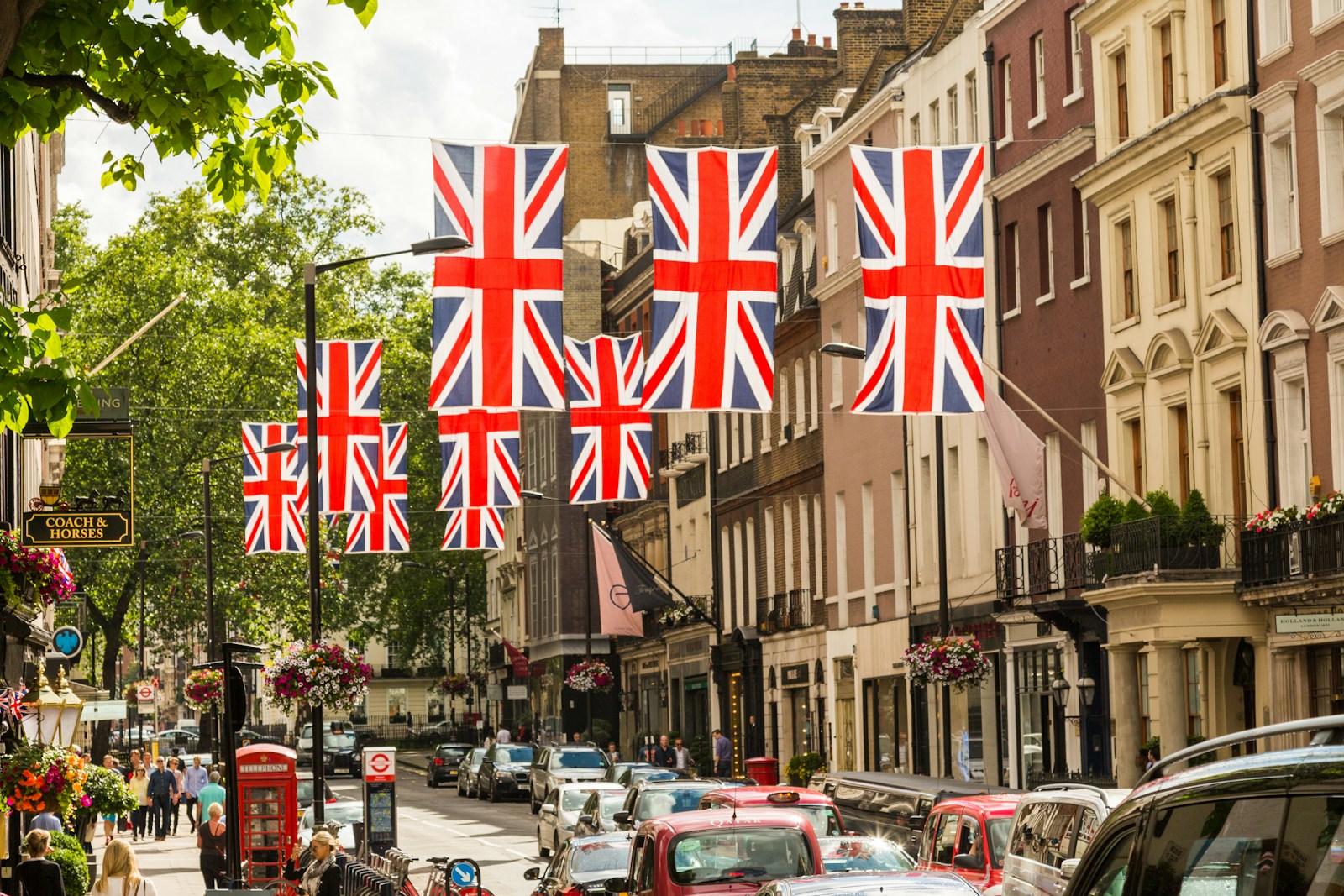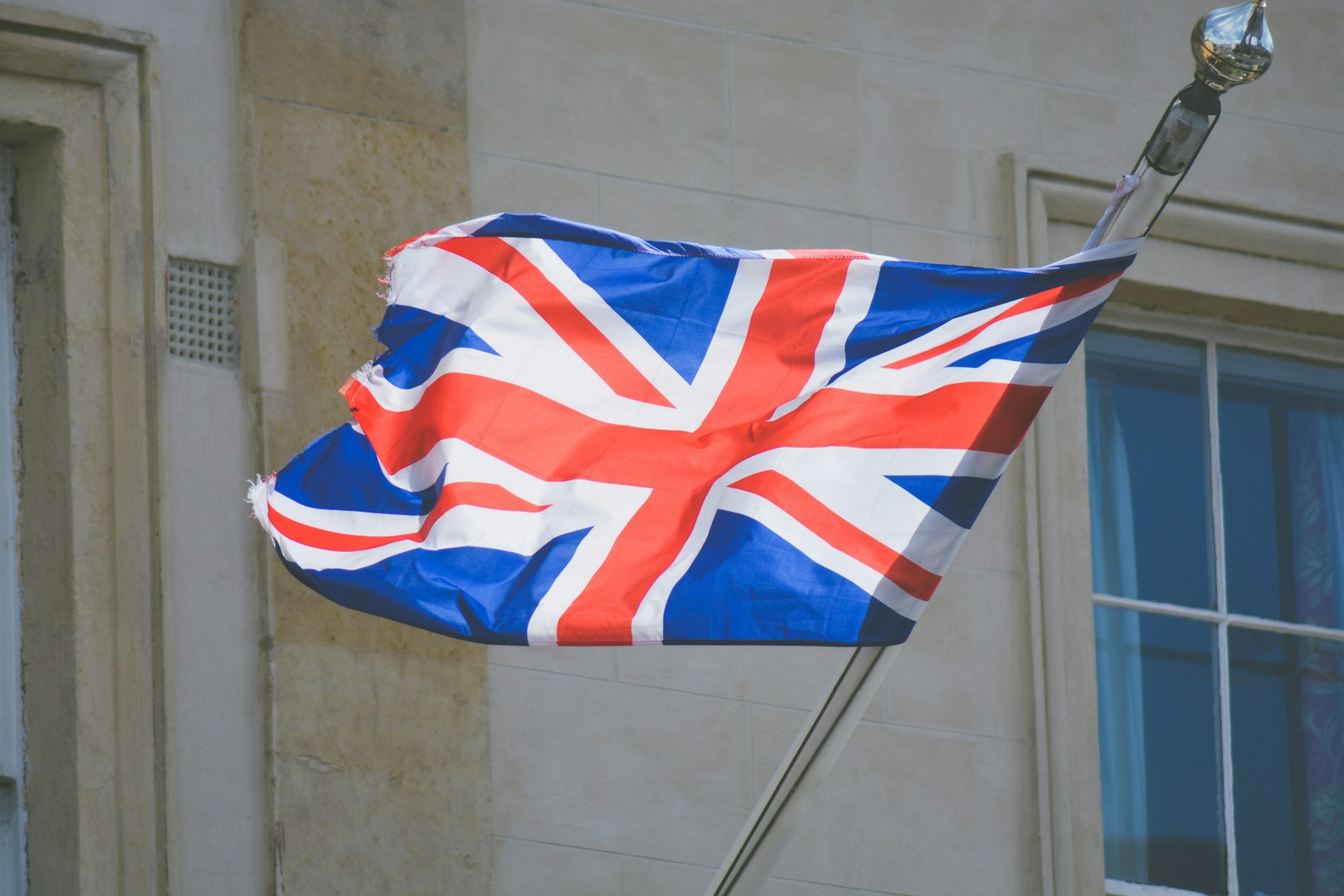Britain’s Most Beautiful Train Journeys You’ve Never Taken
When you think of train travel in Britain, names like the West Highland Line or the Settle-Carlisle Railway might immediately spring to mind. While these iconic routes are undoubtedly stunning, there are countless hidden gems across the UK that offer breathtaking vistas, charming villages, and an experience unlike any other. If you’re looking to mix up your travel plans and explore some lesser-known but equally beautiful train journeys, buckle up! Here’s an inside look at some of Britain’s most picturesque train rides that might not be on your radar—yet.
The Heart of Wales Line
A Scenic Wonder
Kicking off our journey is the Heart of Wales Line, connecting the quaint towns of Swansea and Shrewsbury. This 121-mile route is a fantastic opportunity to experience the heart of Wales’ stunning landscapes.
As the train rolls from the bustling city of Swansea, you quickly find yourself in the serene countryside, where rolling green hills and lush pastures stretch as far as the eye can see. Keep your eyes peeled for sheep grazing lazily on the hillsides, and don’t be surprised if you spot the occasional castle peeking through the trees.
Vibrant Villages and Natural Beauty
One of the highlights of this journey is the picturesque village of Llandovery, known for its charming pubs and the surrounding Brecon Beacons National Park. Here, you can hop off for a pint or a quick hike before continuing your adventure. The line also passes through the enchanting forests of the Cambrian Mountains, where the scenery is nothing short of breathtaking. As you weave through valleys and over bridges, you’ll feel a deep connection to the natural beauty that is quintessentially Welsh.
The Borders Railway
A Journey Through History
Next up is the Borders Railway, which runs from Edinburgh to Tweedbank, just outside Melrose. This relatively new railway opened in 2015 but has quickly become a favorite amongst locals and tourists alike. The journey not only showcases the stunning Scottish Borders but also offers a taste of the region’s rich history.
As you travel, you’ll pass ancient abbeys, historic battlefields, and lush countryside that inspired writers such as Sir Walter Scott. The train chugs along the River Tweed, where you might even catch a glimpse of eager fishermen hoping to land a salmon or two.
A Stop at Melrose Abbey
Once you arrive at Tweedbank, don’t miss the chance to visit Melrose Abbey. This stunning ruin dates back to the 12th century and is steeped in history. The intricate stone carvings and the picturesque setting make it a must-see. After exploring, take a leisurely stroll through the charming streets of Melrose, where you can enjoy a cozy café or a lively pub with a local ale.
The Isle of Wight Steam Railway
A Step Back in Time
If you’re in the mood for nostalgia, look no further than the Isle of Wight Steam Railway. This heritage railway runs from Smallbrook Junction to Wootton, offering a delightful journey through the island’s stunning countryside.
Step aboard a beautifully restored steam locomotive and let the rhythmic clattering of wheels take you back in time. The journey is only a modest 5 miles long, but the experience is rich in history and charm. You’ll meander through lush woodlands, past adorable cottages, and even catch views of the Solent.
Explore the Island
Once you hop off the train, you can explore the charming village of Wootton or take a short trip to nearby attractions like the Butterfly World or the Isle of Wight Zoo. The steam railway also hosts special events throughout the year, so be sure to check their schedule for themed rides and family activities.
The Kyle Line
A Journey to the Edge of the World
The Kyle Line, often dubbed as one of the most beautiful train journeys in Scotland, connects Inverness and Kyle of Lochalsh. This breathtaking route is a must for anyone looking to experience the natural beauty of the Scottish Highlands.
As the train winds through the landscape, prepare to be captivated by the stunning views of Loch Carron and the majestic mountains surrounding you. The highlight of the journey is undoubtedly the vista of the Skye Bridge as you approach Kyle. It’s a sight that will take your breath away, especially when the sun sets behind the mountains.
A Visit to the Isle of Skye
Once you arrive in Kyle of Lochalsh, you’re just a stone’s throw away from the Isle of Skye. Whether you want to explore its dramatic landscapes, visit the famous Fairy Pools, or sample local whisky, Skye has something for everyone. Make sure to spend a few days soaking in the magic of this enchanting island.
The Benjamin Britten Line
Hidden Gem of Suffolk
Perhaps one of the most underrated journeys is the Benjamin Britten Line, which runs from Ipswich to Lowestoft. Named after the famed composer Benjamin Britten, this route offers a delightful blend of coastal beauty and cultural experiences.
As the train zips along, you’ll enjoy picturesque views of the Suffolk coastline, dotted with charming seaside towns. The vibrant town of Aldeburgh, known for its artsy vibe and fresh seafood, is a highlight along the way.
Cultural Stops
Don’t forget to make a stop at Snape Maltings, where you can explore the stunning concert hall and enjoy the beautiful surrounding gardens. If you’re a music lover, this stop is particularly special as it’s where Britten himself founded the Aldeburgh Festival, celebrating new music and creativity.
Conclusion
From the rolling hills of Wales to the rugged beauty of Scotland and the charming villages of England, Britain is home to countless breathtaking train journeys waiting to be explored. While many famous routes are well-trodden, the lesser-known paths offer equally captivating experiences just off the beaten track. So, next time you’re planning a getaway, consider hopping on one of these beautiful train journeys that you might not have taken yet. You’ll discover stunning landscapes, vibrant history, and perhaps even a new favorite destination along the way—an adventure you won’t soon forget! Happy travels!


